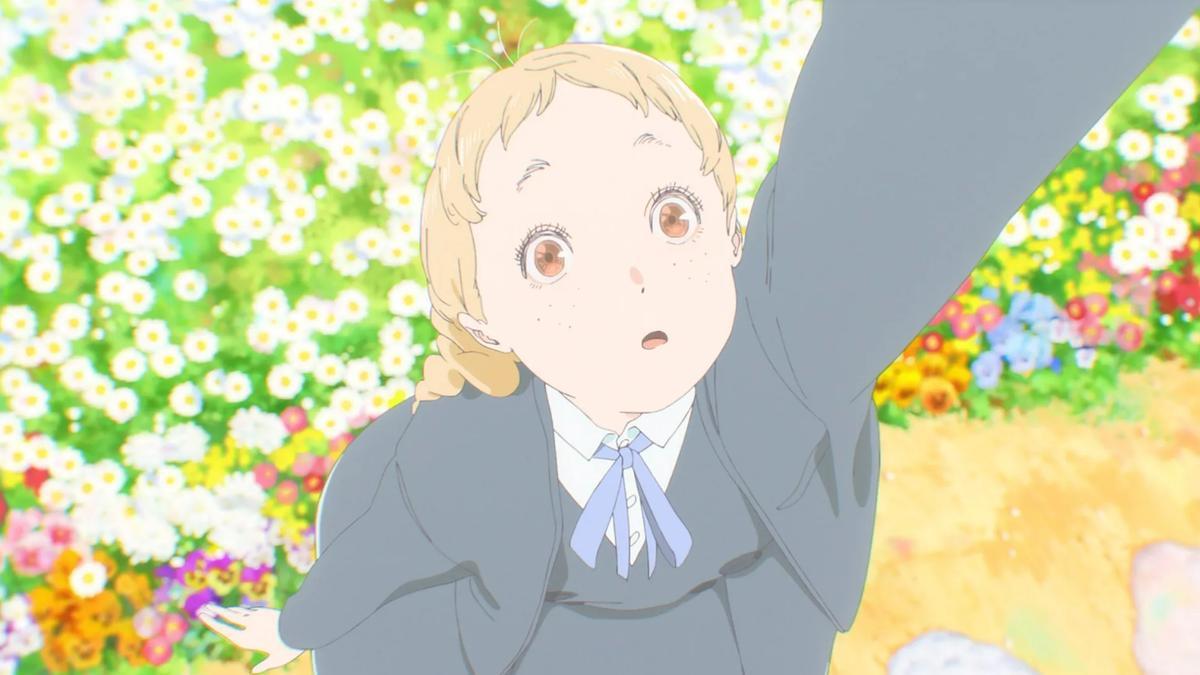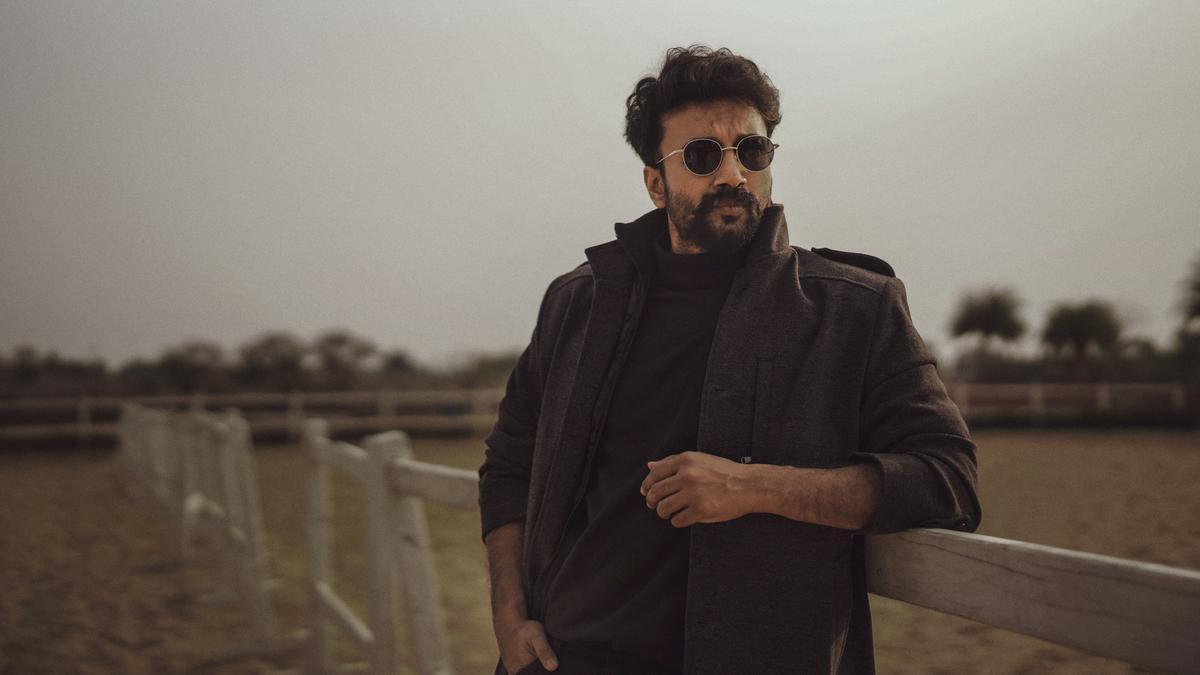
Breaking into the film industry can be a daunting challenge, particularly for women. Director Preeti Singh, who took the reins of her first feature film “Aliya Basu Gayab Hai,” learned this lesson the hard way. The enthralling thriller, starring Raima Sen, Salim Diwan, and Vinay Pathak, hit theatres this Friday. Singh, reflecting on her journey, reveals how pervasive sexism made her filmmaking experience more challenging than she had ever imagined.
“Even though I had a track record of directing over 45 to 50 commercials and had previously co-helmed the popular series ‘Meri Awaaz Hi Pehchaan Hai,’ it was not a walk in the park to get this project off the ground,” said Singh. “Producers would often compliment me to my face but would later gossip behind my back about my competence simply because I am a woman. They habitually withheld their contact information from me. I later realized that being an outsider compounded my difficulty in navigating the industry’s deeply ingrained sexist attitudes.”
To combat this pervasive sexism, Singh enlisted the assistance of a male assistant director. “I took him along to meetings, and suddenly, these producers who were unwilling to share their numbers with me gave him their contact details readily. I had to communicate through him,” Singh recalls.
“Aliya Basu Gayab Hai” is a psychological exploration of human nature and sexuality. Singh intentionally chose the thriller genre for her debut to challenge the stereotype that women filmmakers are predominantly engaged in directing romantic comedies. “I wanted to make a larger point with this film—that women are fully capable of creating dark thrillers and action-packed narratives,” Singh emphasized.
However, Singh faced additional hurdles beyond industry sexism. The Central Board of Film Certification (CBFC) gave the film an ‘A’ certificate and cut two critical scenes. Among the edited scenes was a brutal kidnapping that was meant to invoke terror in the audience. The reasoning given to Singh struck a chord: “The Board said, ‘Being a woman, how can you picturise another woman like that?’,” Singh recounts.
She elaborates on how the female gaze distinguished her work.
. “In my films, you will always feel the female gaze. The male gaze would have depicted the scene differently. Perhaps, the Board found the female gaze uncomfortable, which is why the scene was cut. They suggested that I make a rom-com next. We’re hopeful that OTT platforms will allow us to release the uncut version. Cutting out the main scenes deprives the audience of feeling the lead’s angst,” Singh said.
Navigating through these challenges has only made Singh more determined. “The film industry is tough for everyone, but especially for women. My experience, although difficult, has driven me to keep pushing the envelope,” she stated. “I see my journey as part of a larger movement to disrupt traditional roles and encourage more women to take on genres that have been historically male-dominated.”
With the release of “Aliya Basu Gayab Hai,” Singh has proven that women can indeed make gripping thrillers and action-packed films. The film delves into deeper psychological realms, creating an immersive experience that challenges the audience’s preconceived notions while captivating their attention. The director hopes that her work will pave the way for more women in filmmaking, particularly in genres that are less explored by female directors.
Despite the obstacles, Singh remains optimistic about the future. “There’s a growing recognition of women’s voices in film, but we have a long way to go. It’s extremely encouraging to see more women breaking barriers in this field, and I hope my work contributes to this evolving narrative,” Singh said.
The release of “Aliya Basu Gayab Hai” marks a significant milestone not only in Singh’s career but also in the ongoing efforts to dismantle gender stereotypes within the cinematic world. As she continues to tell stories that challenge and engage, Singh is helping to reshape the landscape of Indian cinema, one film at a time.










